How AI is revolutionizing Access Control in Modern Architecture

How is Artificial intelligence transforming access control systems? As with any technology, there are both positive and negative implications. By the end of this blog post, you’ll be equipped to decide whether its impact is positive or negative. Let’s dive in!
Enhanced Accuracy and Efficiency
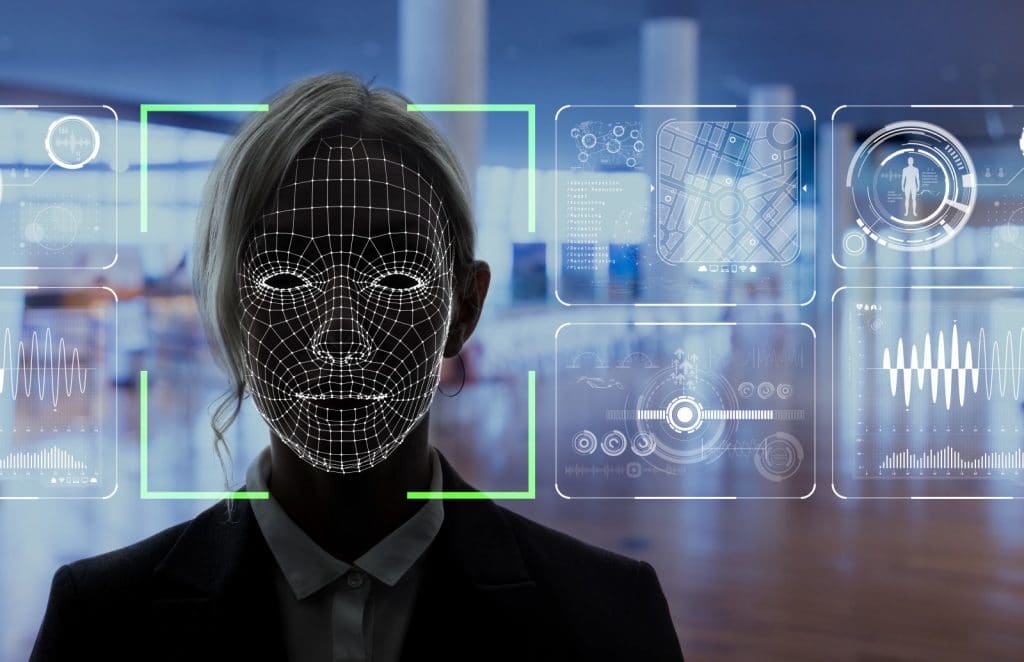
AI-powered access control systems use advanced algorithms to process and analyze biometric data, such as fingerprints, iris scans, and facial recognition with a very high accuracy. These kinds of systems powered by AI reduce the potential risk of false positives and negatives and ensure that only authorized individuals gain access to protected areas. Moreover, AI can be trained to detect and prevent security breakage attempts, enhancing the overall security of systems.
Behavioral Analysis and Anomaly Detection
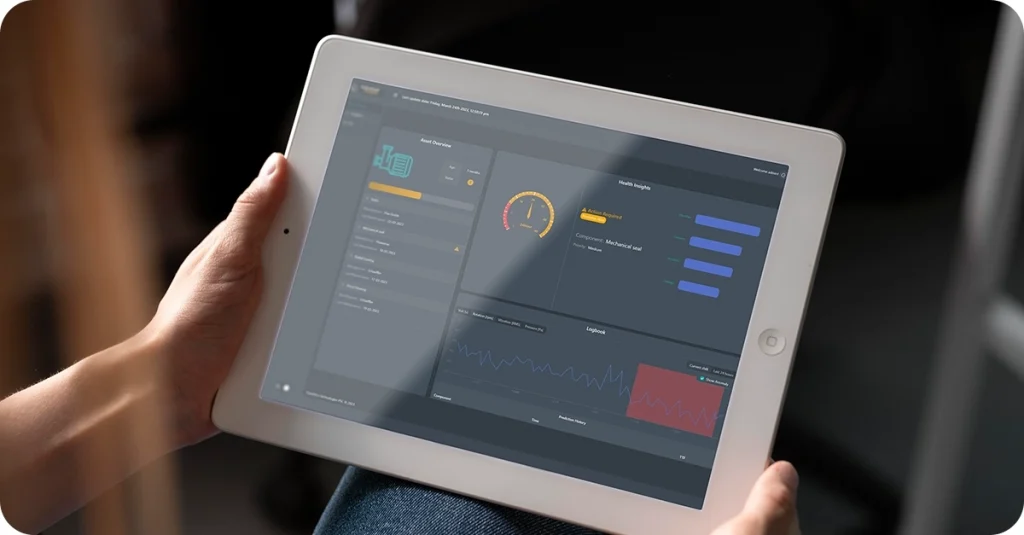
AI uses machine learning to analyze user behavior patterns and uses it to identify anything suspicious and out of the blue. For example, if an employee who usually logs in every day in the daytime attempts to log in at night time, this would be considered suspicious activity and alert security control.
Integration with Other Security Systems
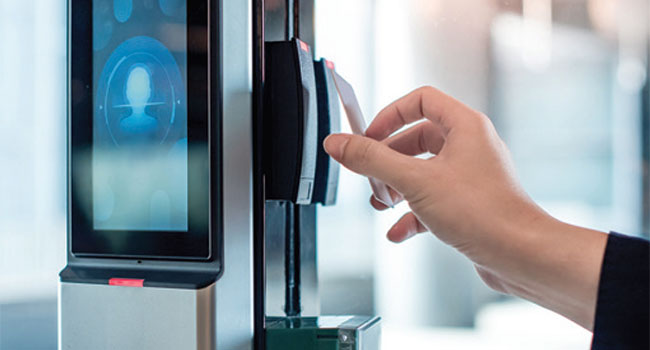
AI facilitates the integration of access control with other security measures such as video surveillance and intrusion detection. This method provides any building with robust security, One eg would be an AI system detecting a weapon by a scan and automatically locking doors and alerting security alarms.
Touchless and Remote Access Control
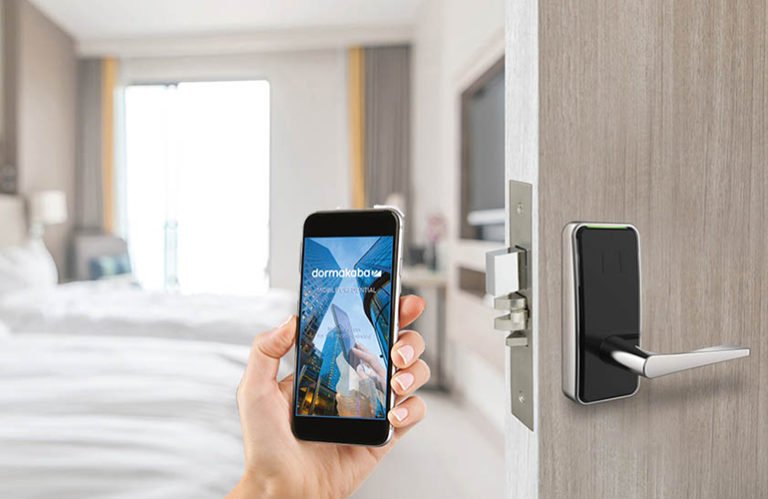
The pandemic increased the demand for touchless access systems to reduce contact and potential health risks. As a result, AI tools emerged to facilitate various access methods, including remote access, biometric scans, key fobs, RFID cards, and RFID keychains.
Real-Time Location Services and Presence Control
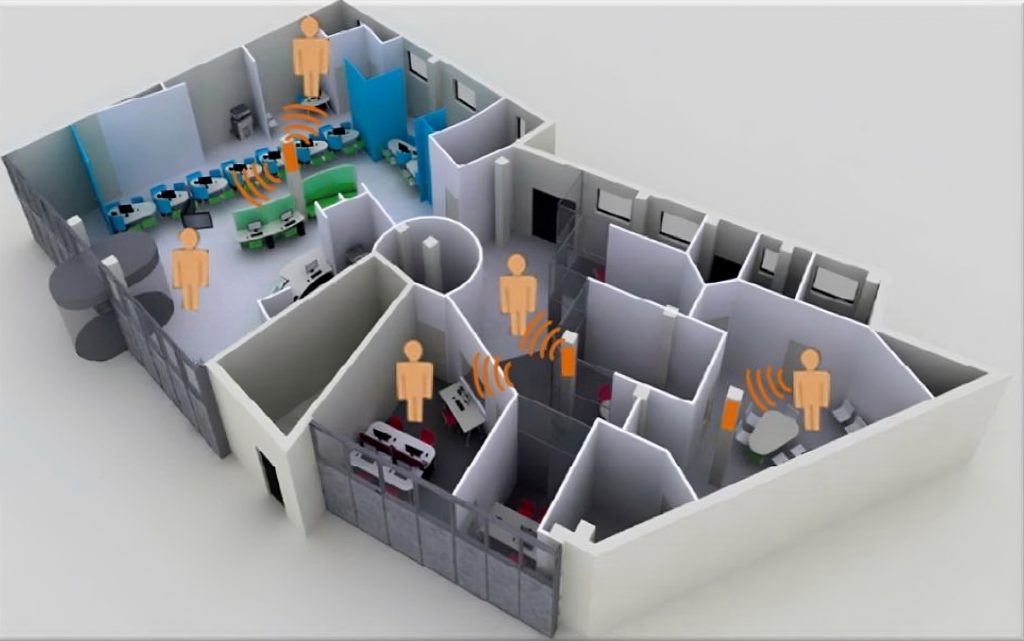
AI tools have the ability to enhance live location tracking , which enables organizations to monitor the presence and movement of individuals within a company, which enables individuals to maintain physical distance and optimize quick evacuations during emergency situations.
Automated Management and Improved Analytics

With AI you have the ability to automate various access control tasks such as user enrolment, and permission management which reduces administrative burdens on relevant individuals. Also, with the ability to analyze access control data, AI provides valuable insights into security risks and helps organizations make data-driven decisions to upgrade security.
Potential Concerns and Mitigations
Despite the benefits of implementing AI in access control systems, there are concerns about privacy and bias as AI systems collect and process data, which could be misused if it’s not protected well. Apart from this, there is the potentiality of AI to malfunction which would raise false alarms and lower its security by not raising an alarm at all. It is a necessity to regularly audit their AI systems to mitigate these issues.
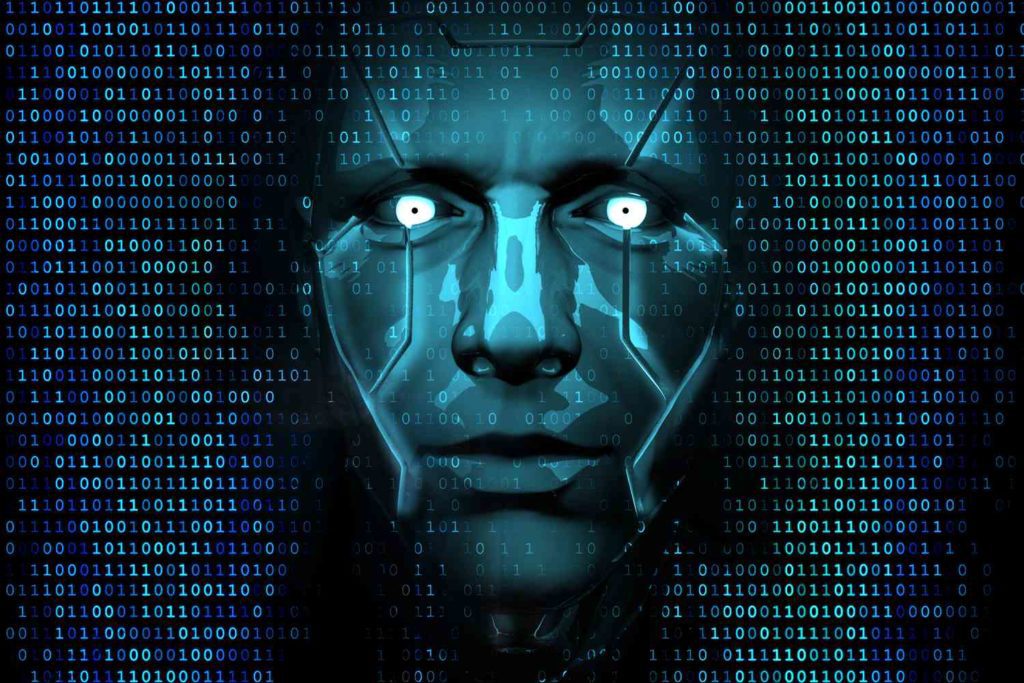
AI is revolutionizing access control by enhancing accuracy, efficiency, and security while also minimizing workload and potential risks offering innovative solutions to modern architectural needs. So now the decision is yours, How does AI revolutionize access control, is it in a positive way, or the negative? There is no wrong answer.